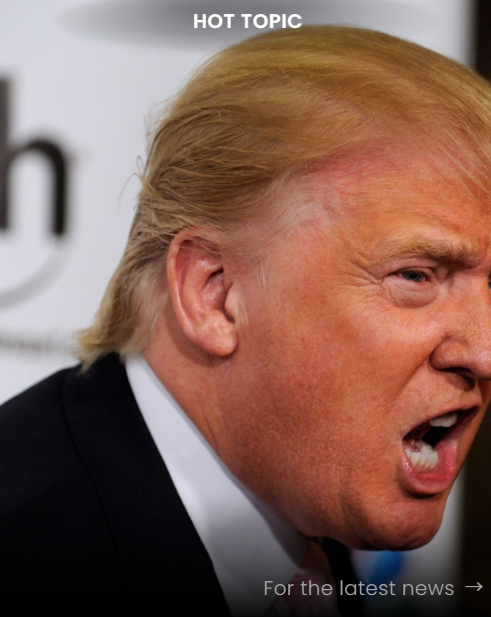Former President Donald Trump has been indicted by a grand jury in Fulton County, Georgia, on charges related to his alleged efforts to overturn the 2020 election. The indictment, which includes 41 counts, accuses Trump of being the head of a criminal organization and engaging in a conspiracy to unlawfully change the outcome of the election.
Fani Willis, the district attorney for Fulton County, secured the indictment, using statutes commonly employed in cases involving organized crime. Among the co-defendants are Rudy Giuliani, Trump’s former personal lawyer, and Mark Meadows, his former chief of staff.
The indictment accuses Trump and his co-conspirators of a range of offenses, including violation of the Racketeer Influenced and Corrupt Organizations (RICO) Act, solicitation of violation of oath by a public officer, conspiracy to commit forgery, perjury, and more. If convicted on all charges, Trump could face up to 71 years in prison.
The indictment highlights Trump’s alleged attempts to pressure state officials, including Georgia Secretary of State Brad Raffensperger, to overturn the election results. It references a controversial phone call where Trump urged Raffensperger to “find” enough votes to secure his victory. The indictment also points to meetings at the White House, where Trump allies proposed extraordinary measures to challenge the election outcome.
Fani Willis emphasized the non-partisan nature of the investigation and the charges. Trump, however, denounced the indictment as a “witch hunt” and accused Willis of being a “corrupt District Attorney.”
The charges against Trump and his associates mark a significant legal development, potentially leading to the first televised trial of a former U.S. president. Legal experts have noted the use of RICO charges, typically reserved for cases involving organized crime, as a noteworthy aspect of the indictment.
Trump’s legal team responded by calling the indictment “shocking and absurd,” asserting that the charges infringe on Trump’s First Amendment rights. The indictment comes amid other ongoing legal challenges for Trump, including federal charges related to election interference and handling of classified documents.
As the legal proceedings unfold, the indictment is expected to spark heated debates over the boundaries of executive power, free speech, and the accountability of public officials. The trial’s outcome could have far-reaching implications for the future of American politics and the interpretation of the law.
Written by:
Dana Sterling-Editor







